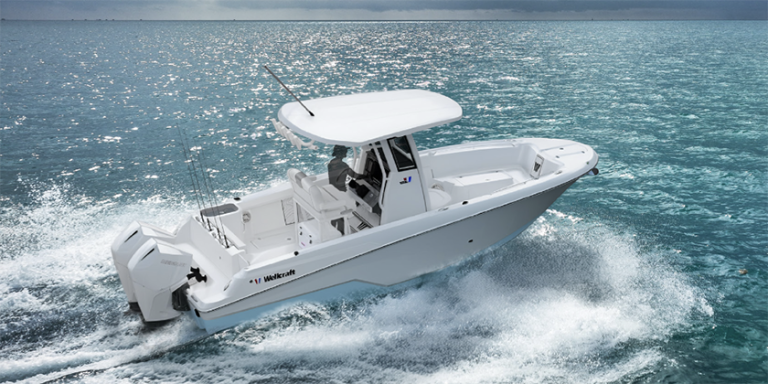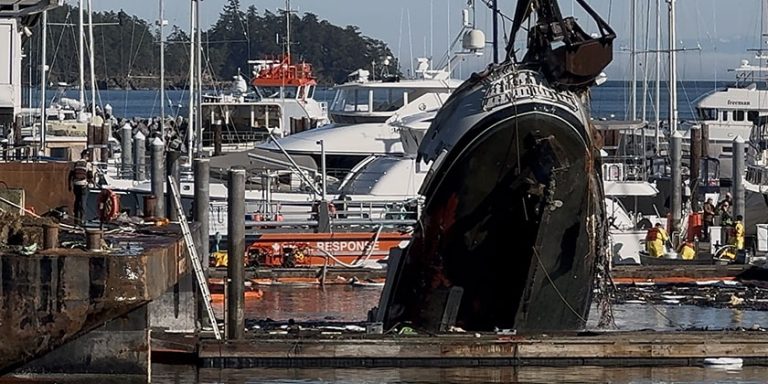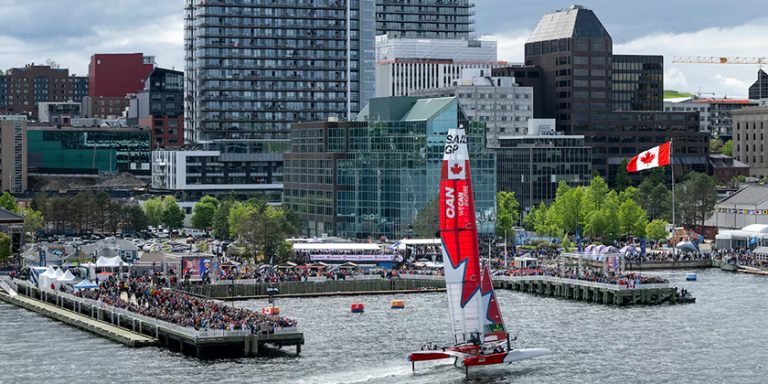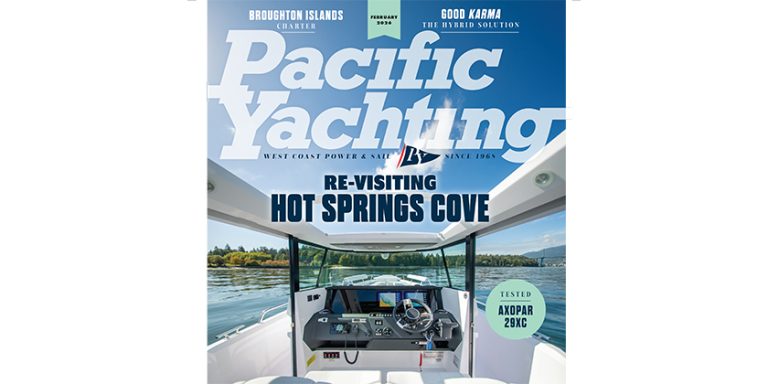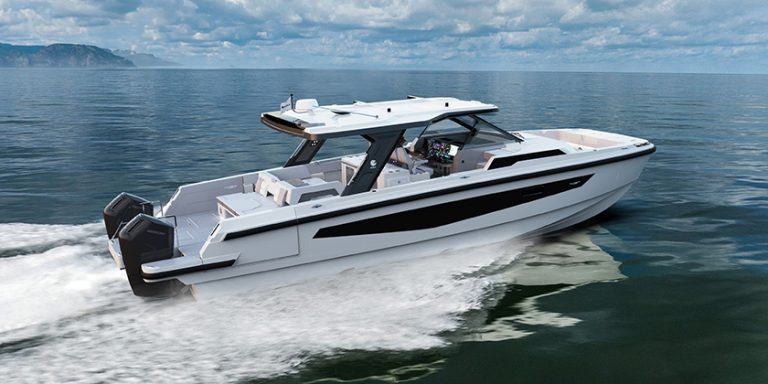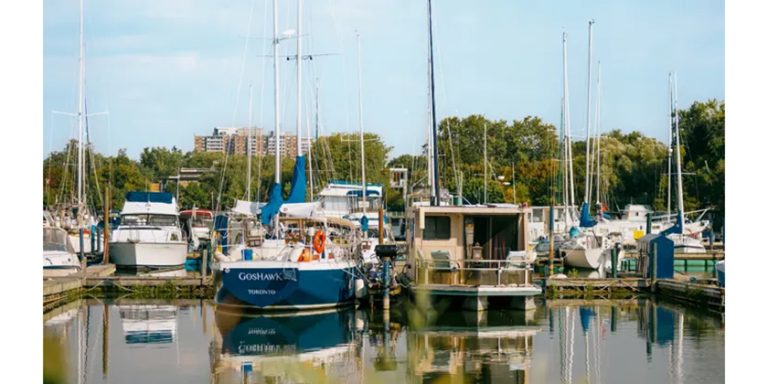Lunenburg Foundry and Engineering (LIFE™)
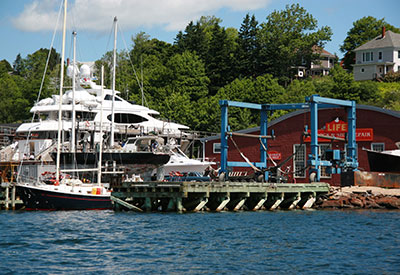
April 11 2016
Celebrating 125 Years
125 years ago on December 8th 1891, Lunenburg Industrial Foundry & Engineering opened on the harbour front in Lunenburg, NS. Few imagined where the new venture would take them. Foundries, which are factories that produce metal castings, were as common as hardware stores at that time. They were essential to support a thriving marine industry like the one in the local communities around Lunenburg. Now, LIFE™, short for Lunenburg Industrial Foundry and Engineering, represents one of the most varied industrial companies in Nova Scotia continues to serve a wide variety of marine business anywhere from small personal craft to 200 ft mega yachts. During the 125 years of the companies operation, many citizens in the community have played a part in its evolution, which continues to this day. However, it still retains that core casting business that started so many years ago.
The history of the Foundry has seen many changes and has evolved in surprising ways. Its conception was at the beginning of the height of the great grand banks schooners. The company played an integral part in the construction of many similar vessels to, and including, the Bluenose. A lot of hardware was required to make a schooner operate including hawse pipes and windlasses, stoves and belaying pins, and blocks and tackle. All these things and more were at one time cast and fabricated at the Foundry.
The Foundry didn’t solely manufacture marine hardware. In fact, the main Foundry products for a long time were the Atlantic Stoves for house and home. Throughout most of the 20th century, the company was widely known as a major manufacturer of commercial and residential heating equipment, including wood stoves and furnaces. Many well-known brands of wood stoves, such a Peacock, Cinderella and Lady Scotia, were produced at Lunenburg Foundry.
With the outbreak of WWII, the role of the Foundry adapted and was integral to the war effort. It seemingly overnight transformed itself into a naval ship servicing facility. At one point the Foundry employed over 500 people including many Norwegians from the nearby camp Norway who were part of the local war effort. After the war, the focus of the Foundry continued with ships in the fishing industry but began to branch out its services to include yachts. The age of the wood stove was passing and homes and vessels were moving to more convenient ways of heating and cooking. The Foundry, with steady leadership, shifted gears and produced fewer stoves and focused more on engines and offering a larger variety service to ships of all kinds.
The Lunenburg Foundry’s first official yacht job went to the “Vema” under the command of Captain Lou Kennedy, a native of New York . The “Vema” was built originally by Burmeister and Wayne in Denmark as a luxury yacht for Mr. Hutton of New York, the Five & Ten Gent Store millionaire. This project, despite some ups and downs, opened the doors to a greater diversification of marine servicing including luxury yachts.
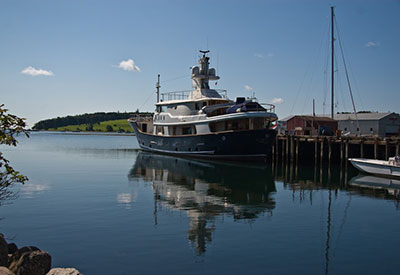 The Foundry continued to increase its service to yachts including retrofitting vessels into beautiful sailing yachts and continued to do this for years. This began with one ship, a steam-driven Bangor minesweeper and formerly the HMCS ‘Grand Mere’. An American millionaire, Arthur Vining Davis, President of the Aluminum Company of America, purchased and brought Grand Mere to Lunenburg Foundry to have her converted from a ship to a private yacht. After the conversion was completed, the ship was sailed by a crew of Lunenburgers, mostly Foundry employees, from Lunenburg to New York City via the Cape Cod Canal and Long Island Sound, where she was delivered to her new owners.
The Foundry continued to increase its service to yachts including retrofitting vessels into beautiful sailing yachts and continued to do this for years. This began with one ship, a steam-driven Bangor minesweeper and formerly the HMCS ‘Grand Mere’. An American millionaire, Arthur Vining Davis, President of the Aluminum Company of America, purchased and brought Grand Mere to Lunenburg Foundry to have her converted from a ship to a private yacht. After the conversion was completed, the ship was sailed by a crew of Lunenburgers, mostly Foundry employees, from Lunenburg to New York City via the Cape Cod Canal and Long Island Sound, where she was delivered to her new owners.
During the late 80’s the Foundry underwent modernization, which was well timed as the fishing industry started to grapple with major challenges. The old production lines were closed and the engine shop reduced its size. The last stoves were cast and assembled. The company’s focus changed from production to servicing. A new era began and it was focused on adaptability, professional services and underwater gear. The marine railways, a form of vessel dry-docking, is now where most of the Foundry’s efforts lay.
Today, The Lunenburg Foundry is known as LIFE and is a major stakeholder in Lunenburg Marine Railway Company. LIFE operates this Lunenburg shipyard as and integral part of the Foundry and it is now known as LIFE Plant II. Metal work, electrical, plumbing, and painting are some of the broad serviceable areas that both private and public vessels need.
Conversions and repurposing vessels into private yachts like the Louis Reef or the Migrant all occurred over the years but the servicing didn’t stop there. The M/Y Zein, a former honeymoon yacht, which was at one point owned by Princess Grace Kelly of Monaco, underwent a major refit at the Luneburg Foundry. This further developed the Foundry’s skills as a Yacht servicing shipyard and now services awarding winning and world renown yachts like Michaela Rose, Alumercia, the catameran, Star 7, and many more.
Since the end of WWII the Shipyard has been servicing vessels of all shapes and sizes. From wooden work vessels to elaborate modern mega yachts the Shipyard offers a diversified set of services to fit the project. This would not happen, and could not happen, without a supportive and collaborative community with and with a workforce that’s ready to take on any challenge.
There’s no doubt that production at LIFE™ has been incredibly diverse over the years. Marine steelwork and propellers seem a long way from kitchen stoves. However, Lunenburg Foundry’s craftsmen have offered a long heritage of excellent service to the marine and industrial sectors and continue to serve these markets with both conventional and innovative new products. Indeed there are few companies around today that have such an integrated history with not only Nova Scotia’s past but the rest of the county as well.
The future of the company is in innovation. Research and development of marine and solar technology and new propulsion systems will be a focus of LIFE™ in the coming years. A challenge to those involved in industrial activity will be how to adapt to a rapidly changing world and how to balance industry with the environment. The future of the world is in renewable energy and cleaner ways of fabrication. LIFE™ hopes to be well positioned to help take on this massive global challenge.
LIFE™ has endured due to steady leadership and the help of a strong community. Now, the Foundry is looking to a new era of prosperity as it celebrates 125 years of operation. Those who work at LIFE want to thank everyone who has been a part of its history as an employee, supplier, customer or friend and making this celebration possible.

